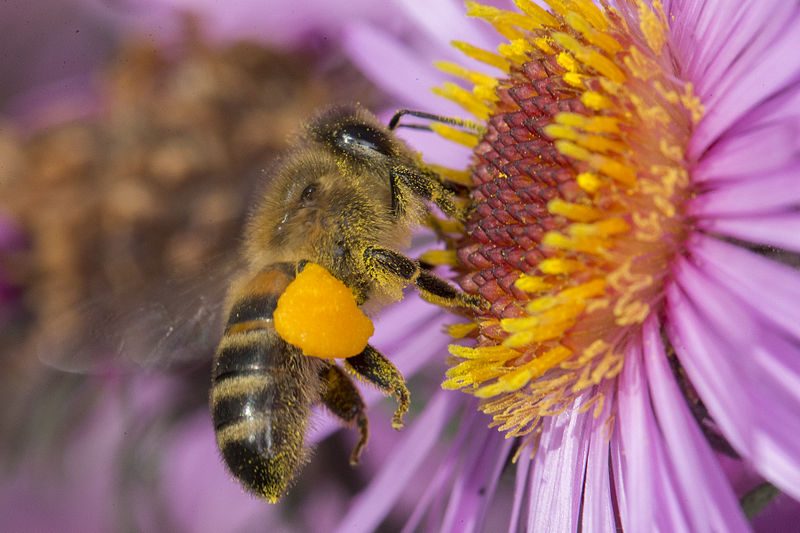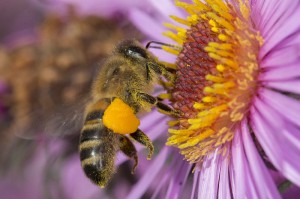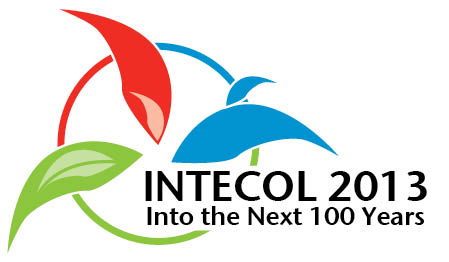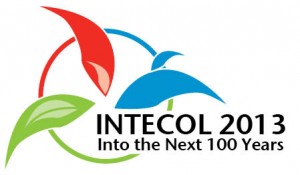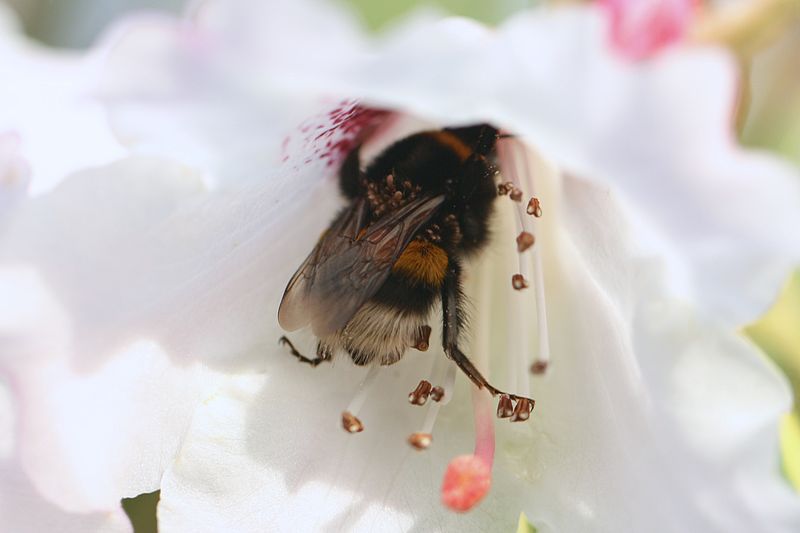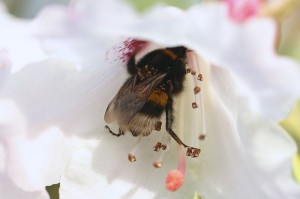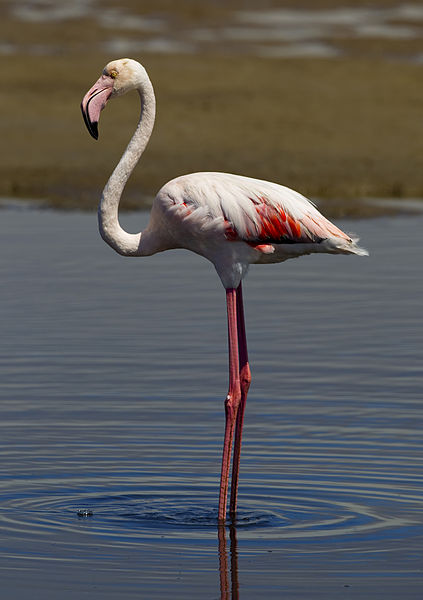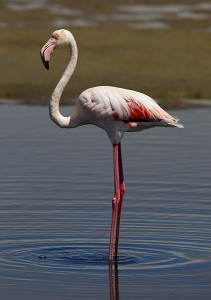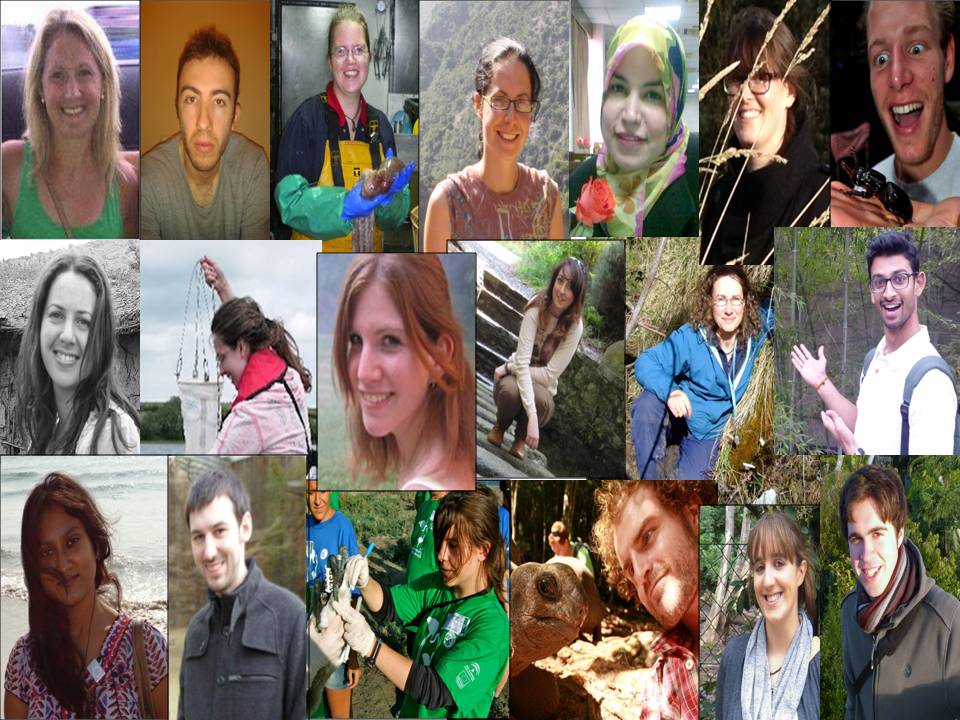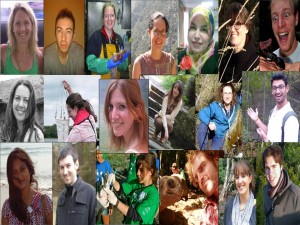The authors

Irene Bottero is a 3rd year PhD student in Botany (Trinity College Dublin). She is part of PoshBee project (https://poshbee.eu/) and in her thesis she is evaluating the impact of different habitat types on pollinators, specifically, honeybees, bumblebees, solitary bees, hoverflies, and butterflies.

Elena Zioga is a 3rd year PhD student in Botany (Trinity College Dublin). She is part of PROTECTS project (https://protects.ucd.ie/) and in her thesis she is evaluating the levels of pesticide residues in pollen and nectar of plants growing in Ireland.
Getting to know them better!
The 20th of May is declared as the ‘World Bee Day’ and its purpose is to acknowledge the importance of bee pollinators in our ecosystem. Animal pollinators play an important role in the reproduction of many plant species (90% benefit from animal pollination – https://onlinelibrary.wiley.com/doi/full/10.1111/j.1600-0706.2010.18644.x), including crops (crops pollinated by animals make up 35% of global food production – https://royalsocietypublishing.org/doi/10.1098/rspb.2006.3721), ensuring the abundance and good quality of fruits, nuts, and seeds, which are crucial for human nutrition. Beyond food, pollinators also contribute directly to medicines, biofuels, fibers (e.g. cotton and linen), and construction materials.
Continue reading “Celebrating bees on World Bee Day – Getting to know them better!”
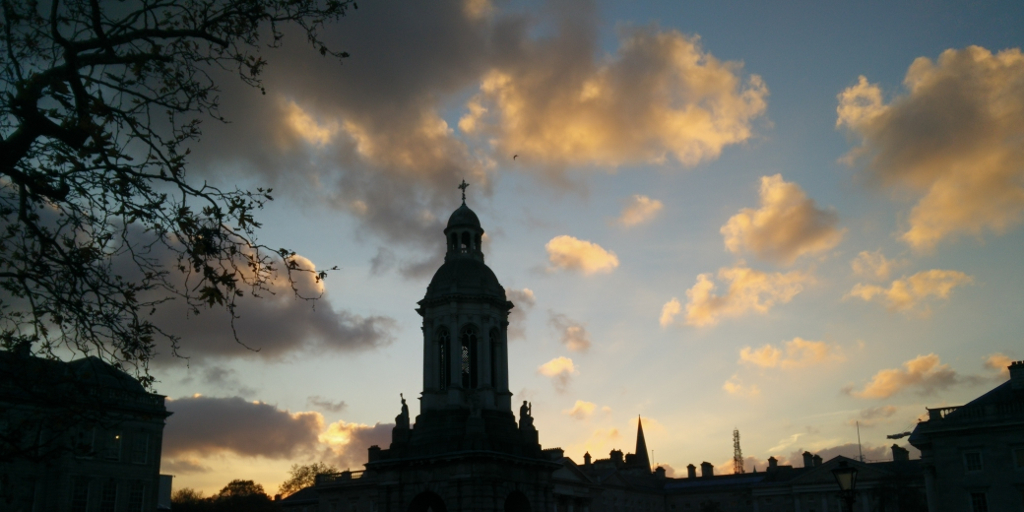
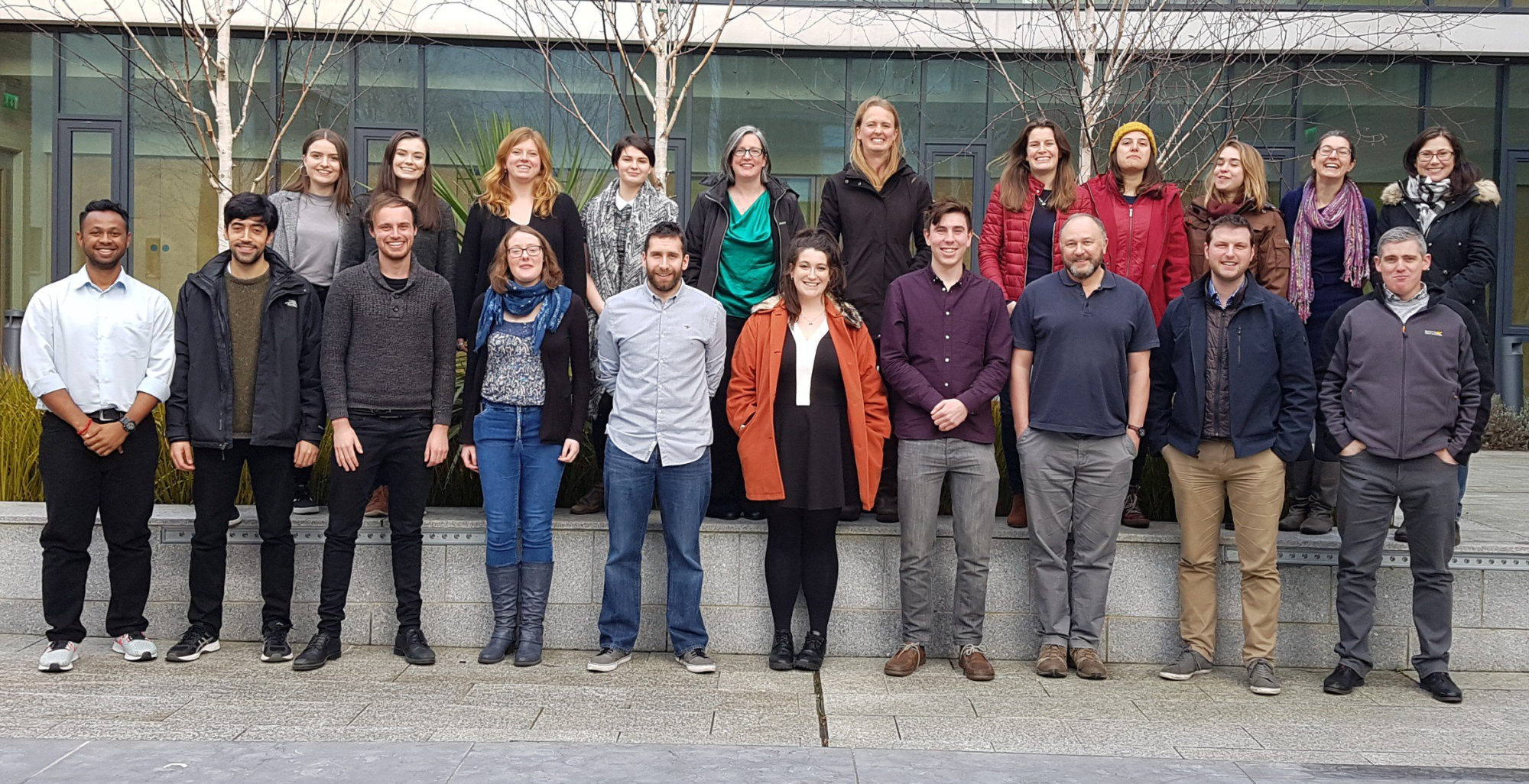
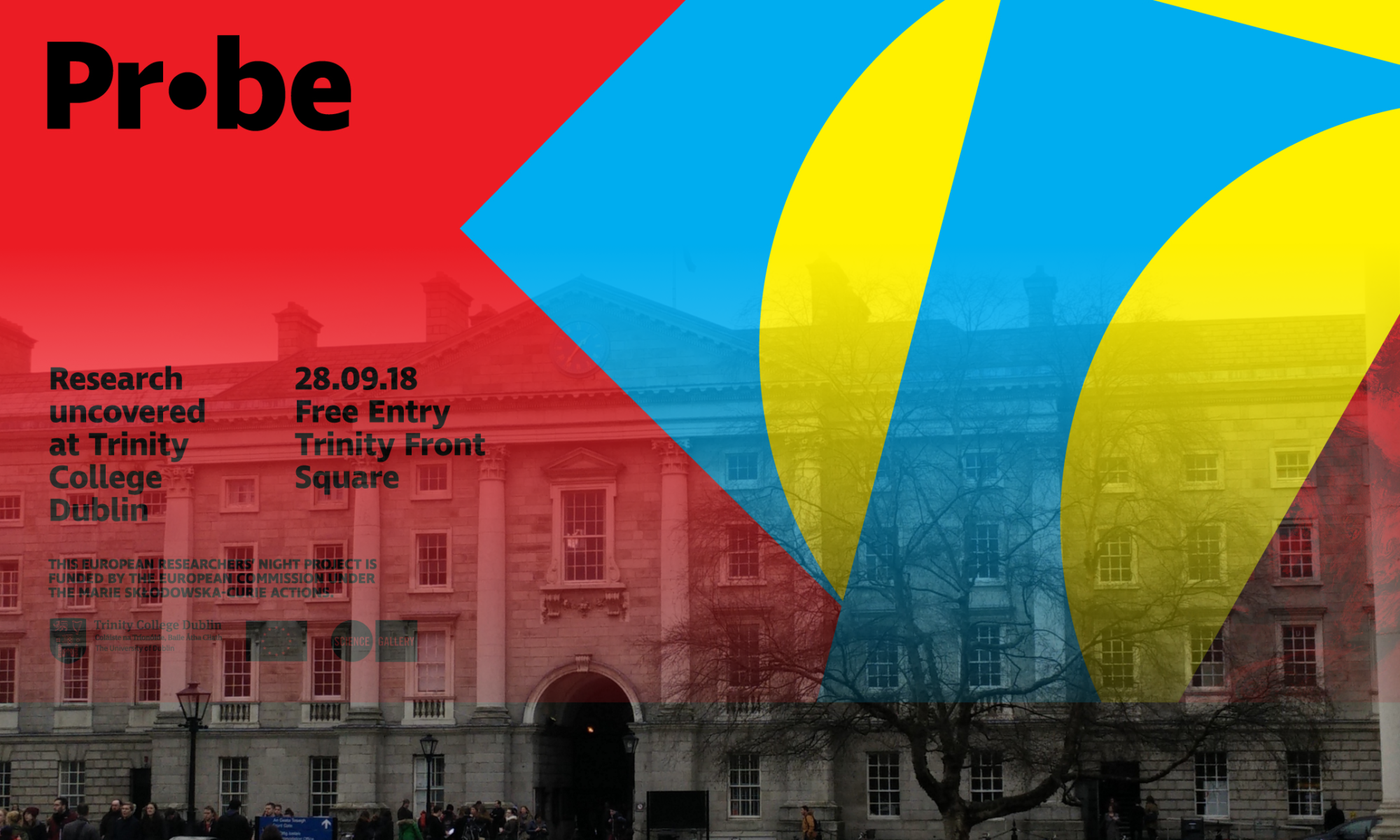
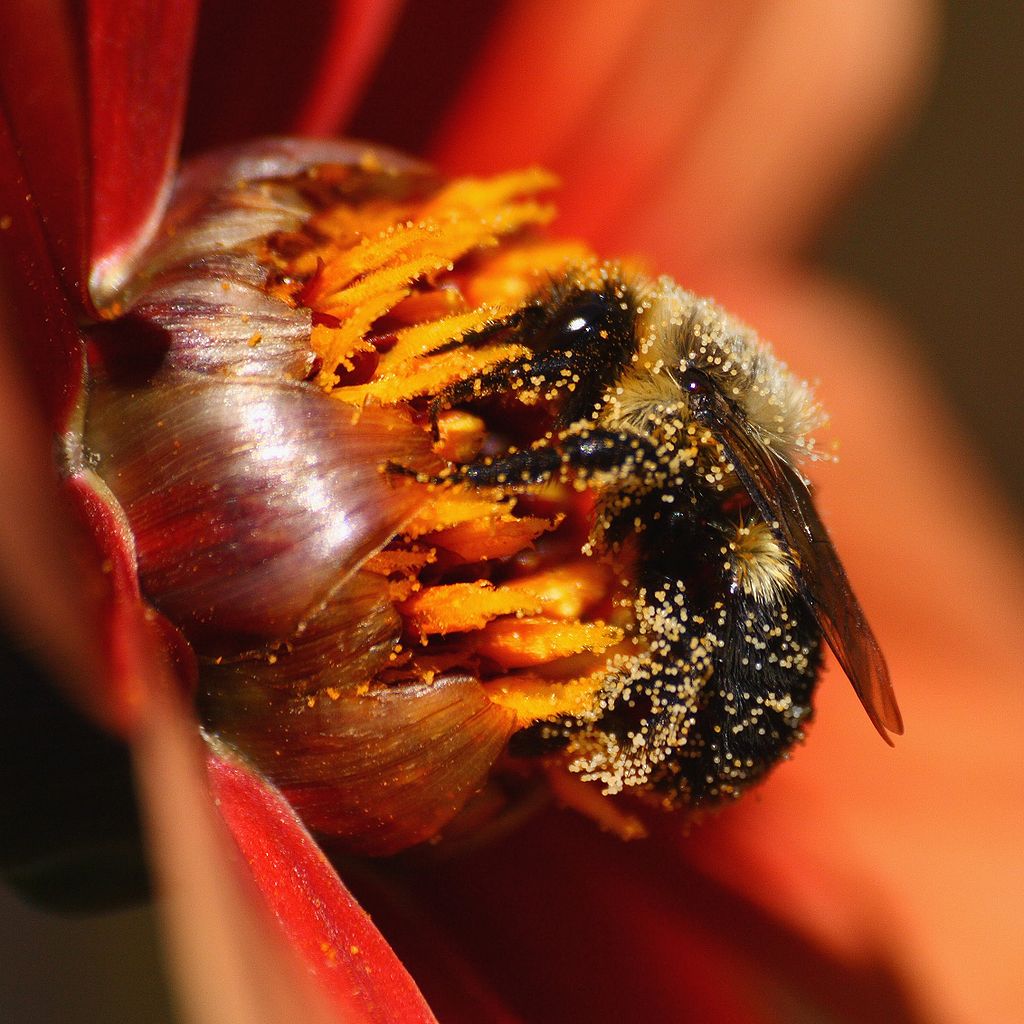
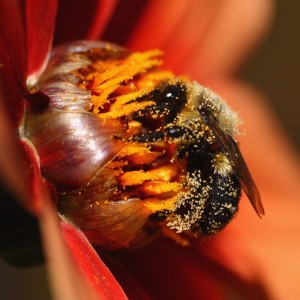 “
“